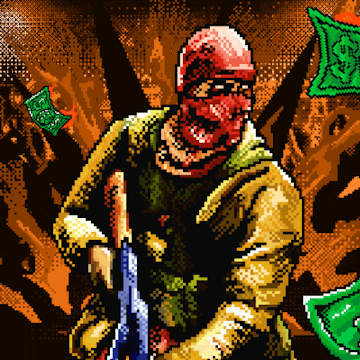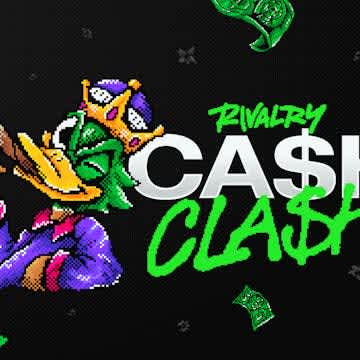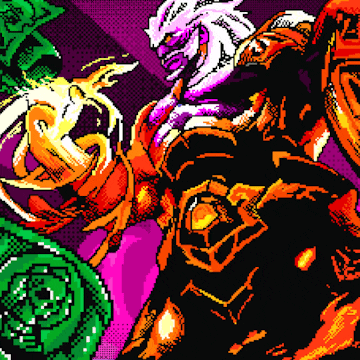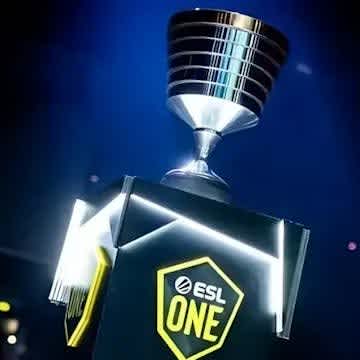Checkmate, or why the Astralis era ended at Katowice
Every winstreak ends eventually, and in most cases, it makes sense to treat the first defeat instead of the last victory as the endpoint. Fnatic were never the same again after their elimination at MLG Columbus ended their infamous LAN streak and FalleN also hasn’t found a way back to the top basically since his team’s upset loss to Cloud9 at the Boston major. Not for Astralis: it won’t be their back-to-back poor BLAST showings that will define the end of their blanket domination but the mere fact that they stopped testing themselves against the best. An abdication by virtue of absence – a fate we haven’t seen before in CS:GO.
To me, the story of the modern-day Astralis side shares a lot with how Bobby Fischer stormed the chess world in the sixties and early seventies. While the Danes don’t have much in common on the surface with the toxic iconoclast who revitalized the world’s interest in chess, it’s fascinating to see how they both molded their respective scenes to their own image on their way to the top and letting it all go once they’ve made it there.
Fischer was a one-man army going up against the Soviet chess machine with little of the support bestowed on his rivals – a genius coming seemingly out of nowhere, dishing out previously unthinkable defeats to fellow grandmasters on the way to his 1972 challenge for the world championship title. His match against Spassky was so epic even Hollywood decided to produce its bastardized take on the story: it’s full of tension and intrigue, petty squabbles and top-tier chess in the middle of a grand culture clash on Iceland with the Cold War as the backdrop. Fischer was the worthy winner of the contest, a single-minded person obsessed with chess finally reaching his lifetime goal. He would never play a serious competitive match ever again – eventually forfeiting his title to Anatoly Karpov three years later.
Looking back, it makes sense that his chess career truly ended the moment he defeated Spassky and not in 1975 when he stopped being the world champion. By the same logic, Astralis’ era was closed by their win at Katowice, the end of the period where they actively competed for the title of best team in the world. Neither were beaten but they both stopped fighting the way they used to.

The Danes rose to the top of the CS:GO world by going to every big event and winning them all. Now they no longer go to every event and don’t even win the ones they do attend. The list of big tournament winners this calendar year read Liquid, Astralis, Na’Vi, Liquid – with Astralis, Faze, ENCE added on if you want to include the BLAST Pro events as well. This is no longer domination, no matter how you slice it.
Astralis will only have attended six LAN events in five months by the end of May, three of which were organized under RFRSH’s banner. They may still be the best team, but they’re doing a good job not showing it. By the same token, Fischer could very well have been better than Karpov when he rescinded his title – we just never got to find out. When we’ll look back at this period from afar, it will not make the slightest bit of difference.





